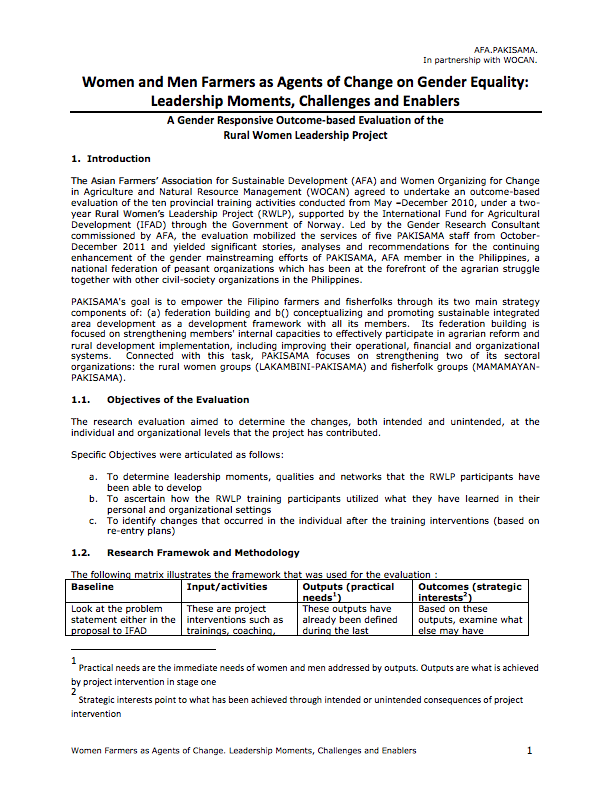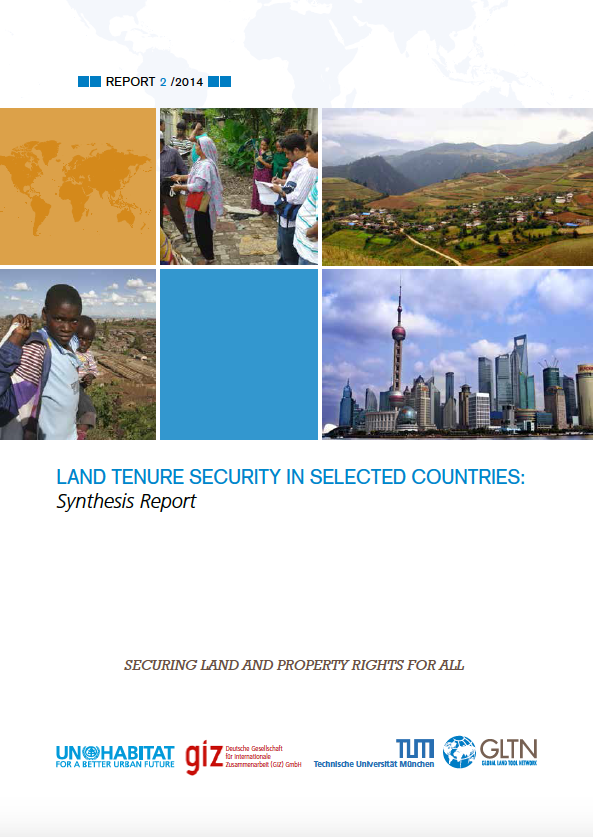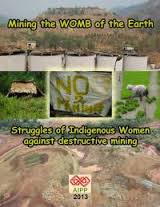Community-Driven Approaches in Lao PDR : Moving Beyond Service Delivery, Volume 2. Main Report
This report reviews Community Driven
Development (CDD) projects in Lao People's Democratic
Republic (PDR) to determine their effectiveness in
channeling resources to communities for poverty reduction.
The study examines three CDD projects in depth: the Poverty
Reduction Fund, the Village Investment for the Poor (both
supported by the World Bank), and the Government-financed
Village Development Fund. Through close analysis of these








